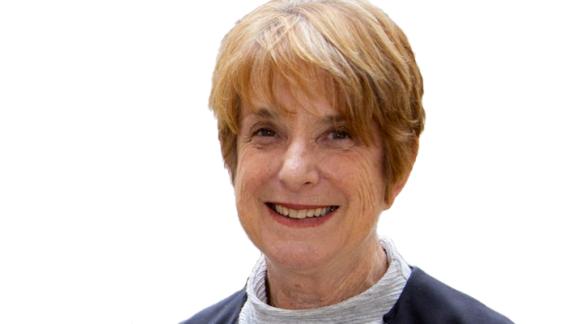Let's all share in self-care

Self-care is invaluable for both patients and the NHS as a way of improving our quality of life, potentially reducing the number of GP appointments, delaying the onset of chronic conditions and helping to save lives.
It provides a set of strategies to help patients and the public achieve and maintain good physical and mental health and overall wellbeing. It involves individuals taking responsibility for their daily lifestyle choices, dealing with common symptoms and self-managing long-term conditions. It is based on patients recognising the impact of lifestyle choices on their health and having the knowledge and confidence to feel able to manage their condition.
Ease of access to information for all
In order to maximise the benefits of self-care for life for all in society, it is important to ensure that there is ease of access for all patients and the public to the information that we need in order to take more responsibility for our health. Ensuring effective access to information must take account of factors such as poor literacy, difficulties with language and the number of people who are not internet users. Difficulties with using strategies for self-care, as a result of poverty, homelessness and mental illness could become barriers to achieving it.
Self-management support
Self-care advice and guidance are invaluable and information such as the Axial Spondyloarthritis Know-how (ASK) toolkit provide a really useful way for patients to feel supported in gaining a good understanding of their condition and how it may affect their way of life. This toolkit encourages feedback from its users.
Monitoring self-care opportunities and tailoring support for the individual
Other initiatives for maintaining wellbeing and health such as healthy walking groups are also invaluable for facilitating self-care. Care should be taken to gain feedback (in a non-judgmental way) on why these self-care opportunities may not work for everyone, and then remedies put in place. Quite apart from mitigating the potentially negative impact on individuals of the experience of dropping out of a programme, these follow ups would give feedback on how particular self-care opportunities could be tailored to meet the wide variety of patient needs.
Encouraging and fostering a culture that effectively supports us ALL to think of self-care for life is essential.
Lesley Bentley is chair of the BMA Patient Liaison Group. Follow the BMA on Twitter @TheBMA
Self Care Week is on 18-24 November 2019. Visit the Self Care Forum for information on how you can support the week.



